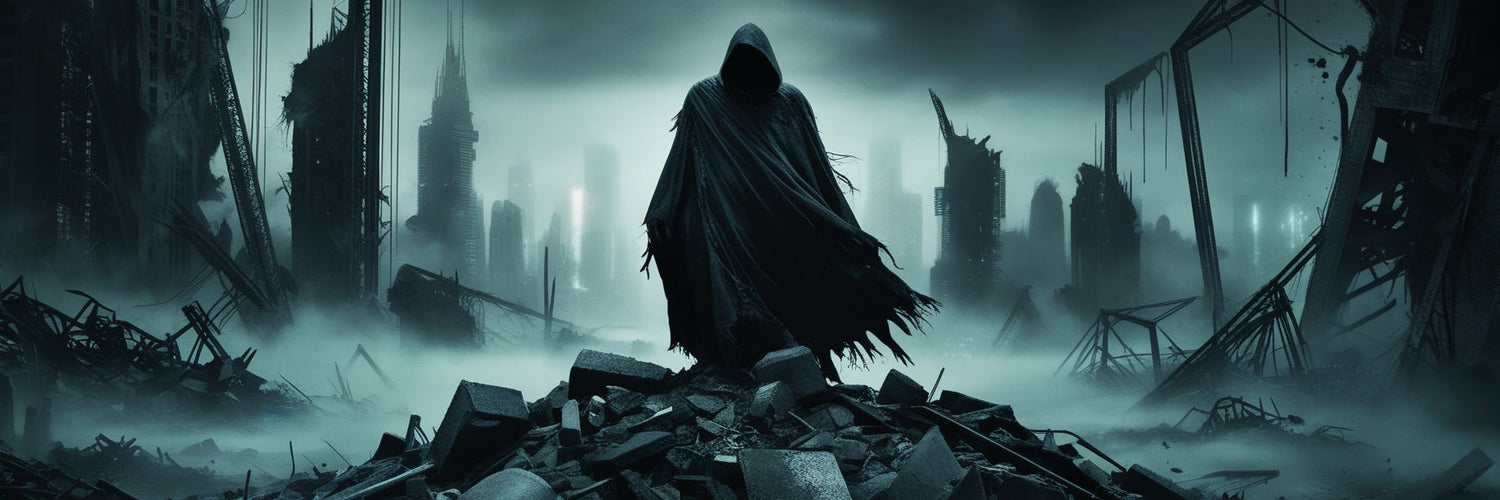Understanding Rousseau’s Quote
Jean-Jacques Rousseau’s assertion that “to be sane in a world of madmen is in itself madness” highlights the tension between individual reason and collective irrationality. This statement challenges us to consider whether sanity is an absolute concept or if it is defined relative to societal norms. If the majority subscribes to irrational beliefs, does the lone rational thinker become the outcast, perceived as the one who has lost touch with reality?
The Social Construction of Sanity
Sanity is often understood as the ability to reason, act rationally, and conform to accepted norms. However, Rousseau’s insight suggests that what is considered rational is often determined by society rather than objective truth. Throughout history, societies have upheld beliefs that were later recognized as flawed, unjust, or outright irrational, such as the divine right of kings, racial superiority, or extreme economic systems.
- Galileo and Scientific Truth – When Galileo defended the heliocentric model of the universe, he was branded a heretic by a society that insisted on geocentrism. Though correct, he was seen as irrational in his time.
- Totalitarian Regimes and Groupthink – In societies where oppressive ideologies dominate, dissenters are often labeled as dangerous or insane for rejecting the prevailing dogma.
- Modern Social Pressures – Conformity in the digital age, such as following misleading trends or engaging in performative outrage, can pressure individuals into accepting irrationality as the norm.
Individualism vs. Collective Madness
Rousseau’s paradox is deeply tied to his broader critique of civilization. In The Social Contract and Discourse on Inequality, he argues that societies corrupt human nature, conditioning individuals to accept values and behaviors that may not align with their true interests or rational thought. This raises critical questions:
- Is it better to conform to a flawed system or to reject it and be labeled as an outcast?
- If everyone around us is engaging in irrational behavior, does resisting that behavior make us seem mad?
- Can reason thrive in a world dominated by misinformation, social pressure, and ideological conformity?
Relevance in Today’s World
Rousseau’s idea is strikingly relevant in modern times, where debates over truth, sanity, and rationality are more intense than ever. Some contemporary examples include:
- Misinformation and Media Manipulation – In an era of deepfakes, conspiracy theories, and ideological news bubbles, questioning dominant narratives can lead to social alienation.
- Social Media and Mass Psychosis – Online echo chambers create environments where irrational beliefs can thrive, punishing those who challenge prevailing sentiments.
- Corporate and Political Systems – Economic and governmental structures often reward irrational behavior (such as short-term greed over sustainability), making rational dissent appear impractical or radical.
Navigating the Paradox
If being sane in a world of madmen is a form of madness, how should one approach life within an irrational society? Some possible responses include:
- Stoic Detachment – Like the Stoic philosophers, one can cultivate inner peace by recognizing that societal madness is beyond individual control.
- Strategic Conformity – In some cases, adapting outwardly while maintaining inner reason allows one to survive without total alienation.
- Radical Honesty and Reform – Others may choose to actively challenge irrational norms, despite the risks of ostracization or resistance.
Final Thoughts
Rousseau’s insight serves as a reminder that societal norms do not always align with truth or reason. While conforming to irrationality can be a survival mechanism, true progress often comes from those willing to challenge prevailing madness. Whether through quiet resistance or active reform, finding balance between individual reason and societal expectations remains one of the great challenges of human existence.

















